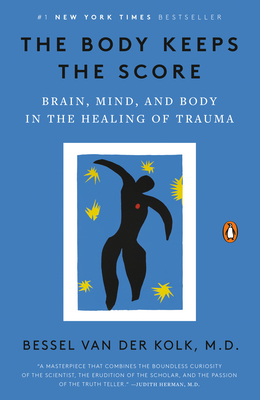
Help for the Helper: The Psychophysiology of Compassion Fatigue and Vicarious Trauma
Description
How empathy can jeopardize a therapist's well-being.
Therapist burnout is a pressing issue, and self-care is possible only when therapists actively help themselves. The authors examine the literature from neurobiology, social psychology, and folk psychology in order to explain how therapists suffer from an excess of empathy for their clients, and then they present strategies for dealing with burnout and stress.
Praise for Help for the Helper: The Psychophysiology of Compassion Fatigue and Vicarious Trauma
[A] valuable contribution to the field of body psychotherapy.
— British Journal of Biodynamic Massage
Written with a lot of common sense, it is easy to read and will be helpful to all therapists, whether they work with trauma and disaster victims or not.
— International Review of Psychiatry
The book is written from a pragmatic, non-spiritual perspective and is a great reminder of the fact that we do need to look after ourselves, as well as giving us a variety of useful strategies to help survive the ups and downs of therapeutic life.
— The Fulcrum
[T]his concise, well-organized book is full of useful ideas and practices for almost anyone who is struggling to take care of a human being in need.
— Greater Good
This book should be very useful to practicing psychotherapists, social workers, nurses, psychiatrists, and especially those in training for these fields. The variety of skill building exercises offers help for many issues that arise during training and practice.
— Bulletin of the Menninger Clinic













